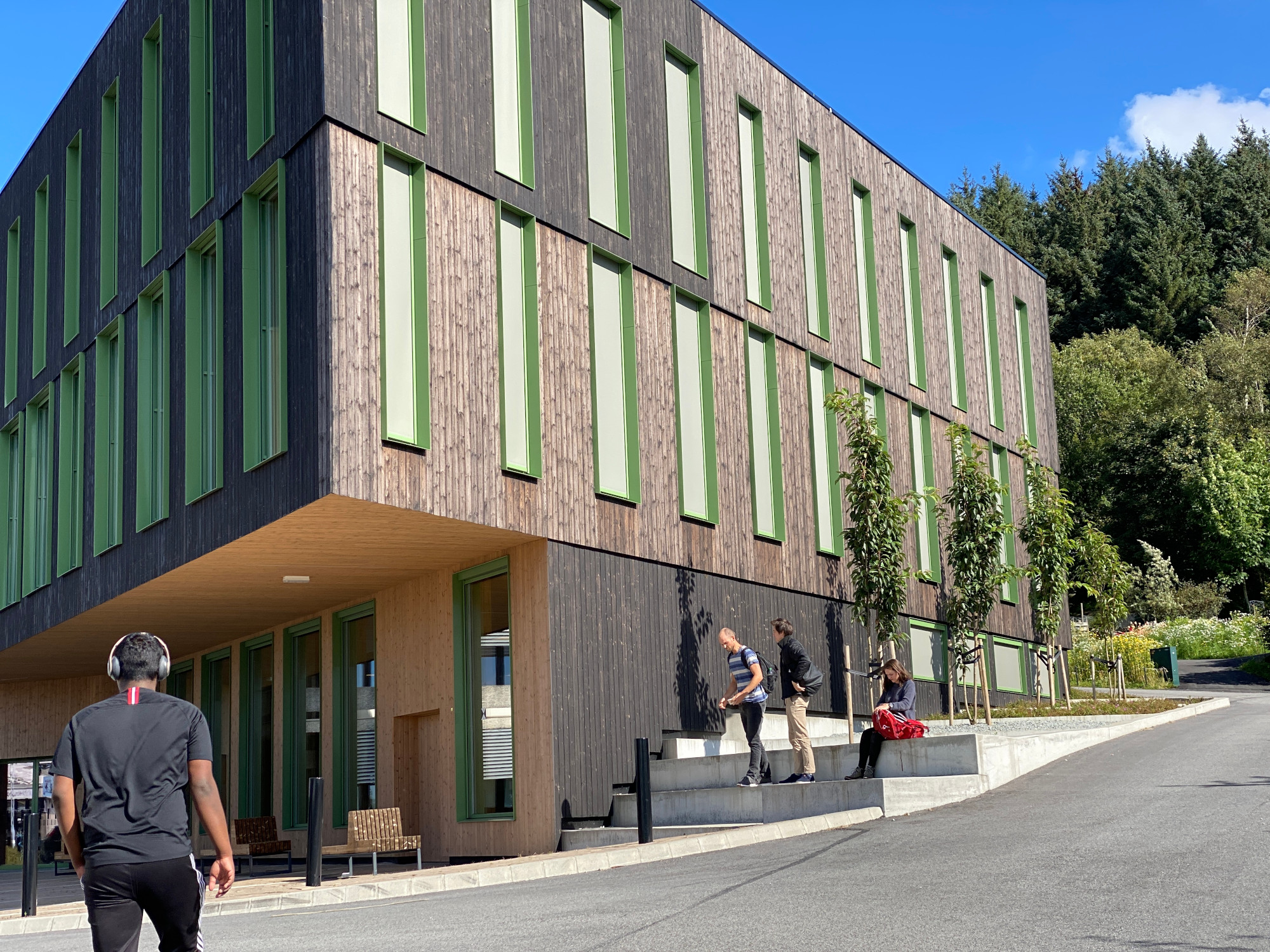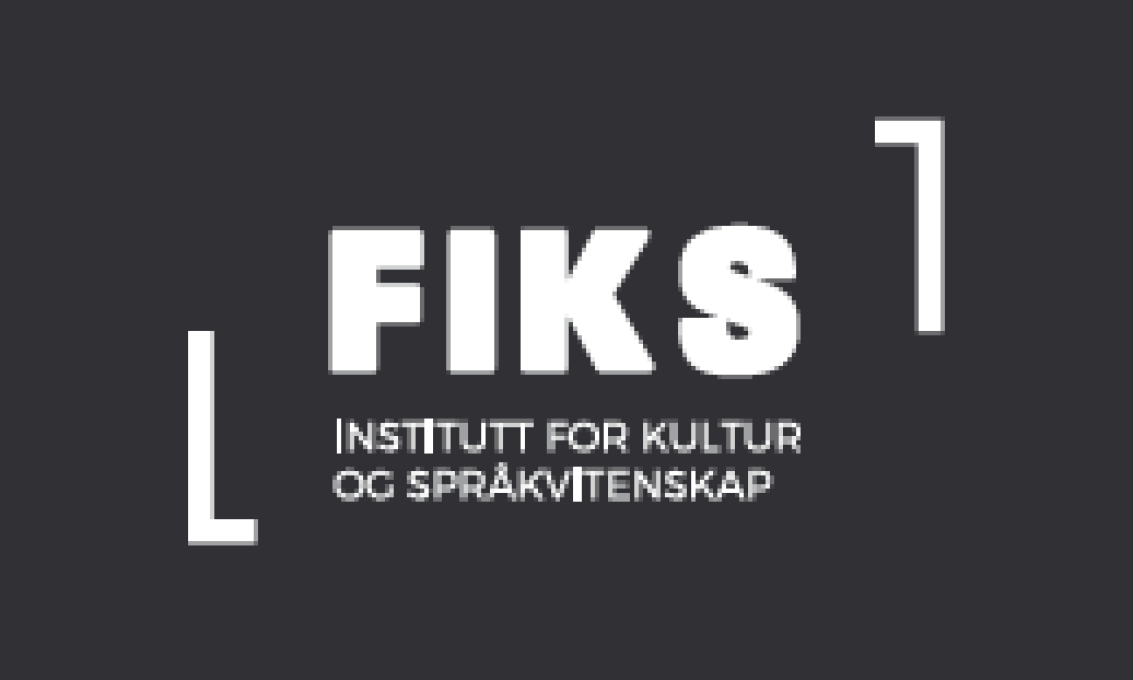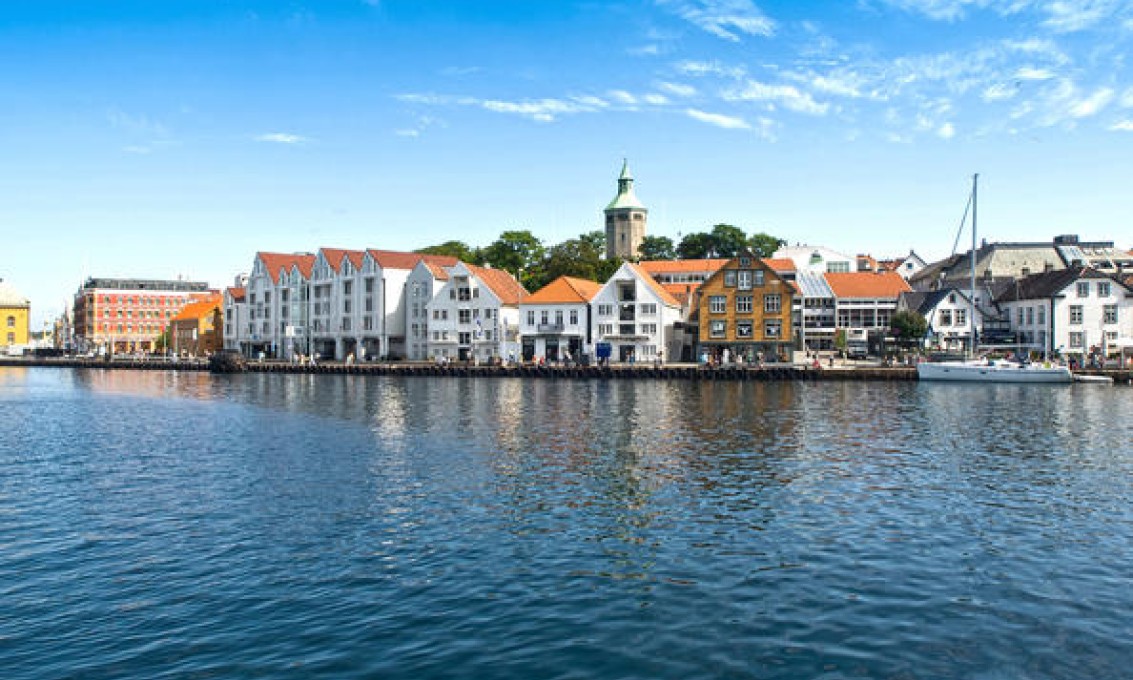Is the book an endangered species? Are text messages destroying the English language? What were medieval books like? How do children learn to read and write? Who was Shakespeare and does it matter? What does reading do to our minds?
2 years (4 semesters)
English
August every year

Literacy Studies is defined as the study of reading, writing and the written text in a social and cultural context. This master’s programme focuses on literacy studies in an English-speaking context, and includes literary, linguistic and educational approaches.
The programme provides high-quality instruction in an intimate but dynamic research environment with many international links.
The Master of English and Literacy Studies is a full-time study over two years. Students from EU/EEA can after admission to the program apply for a transition to a part-time study over four years. The part-time study is identical to the full-time study. Teaching will go simultaneously for full-time and part-time students.
Academic requirements
- A bachelor´s degree, which includes at least 80 ECTS credits in English language and literature. Courses within translation, interpretation and English language teaching cannot be considered for admission to this programme.
- Norwegian "grunnskolelærer" education (4 years), which includes at least 60 ECTS credits in English and minimum 2 years relevant work experiences within this subject area in the Norwegian school system.
Admission to this master's programme requires a minimum grade C in the courses in English language and literature. Applicants with an education where it is not possible to calculate grade points from parts of the degree, must have a grade of C in the entire degree in order to be qualified for admission. If you have an education using a different grade scale than ECTS grades (A-F), the grade point average must be comparable to a Norwegian C.
Application and admission
Contact
For inquiries regarding admission to international Master's programmes, send an email to: admissions@uis.no
Find more information here: When to apply?
Department of Cultural Studies and Languages
The English section within the department is one of the most varied and dynamic teaching and research communities at the University of Stavanger.

The teaching in the department is driven by the research interests of academics who publish at an international level in a wide range individual - but interconnected - branches of literature, language, and didactics.
Expertise in the field of literature includes the Renaissance, Modernism and Postmodernism in British and American Literature, Literary Ecologies and Gender Studies. Research in literature is led by Professor Janne Stigen Drangsholt’s published work on Ted Hughes, Myth Studies, and English poetry, and Professor Peter Paul Ferry’s research on beards and masculinity in American Literature and culture.
Within the field of languages, research is particularly concentrated on Old English and Middle English, especially through the work of Professor Merja Riitta Stenroos who publishes on systems of writing and ways of spelling. Within this discipline we also find Professor Oliver Traxel, whose research concentrates on modern and partly interdisciplinary fields including the works of author JRR Tolkien.
Other focus areas include sociolinguistics and didactics, the latter giving special attention to the various issues that form the basis for language teaching in the classroom. The section also boasts a hub for academics, led by Professor Janne Stigen Drangsholt, who in addition to performing research also publish works of fiction.
The researchers and teachers in the department place great emphasis on participating in national and international research networks and continue to be at the forefront of current research in the Humanities.
The Department of Cultural Studies and Languages is located in the Hulda Garborg Building at the Ullandhaug campus.


